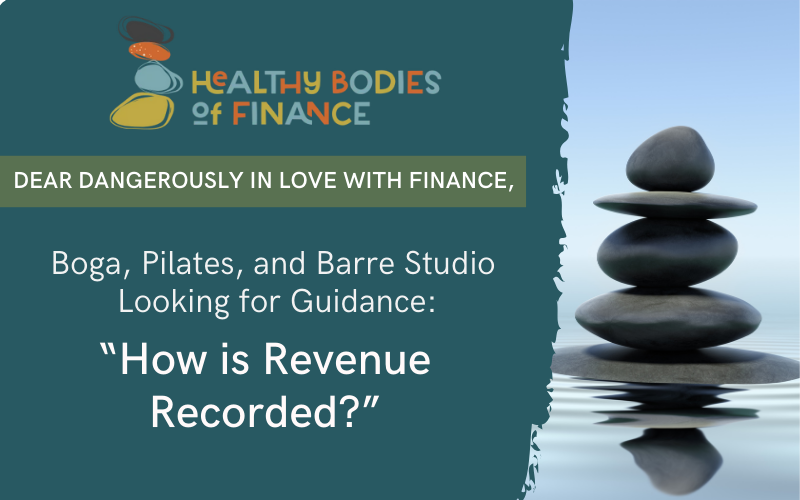Newsletter: October 2024

Welcome to another edition of
Financial Insights with Lozelle!
This month, we’re exploring:
We’ll translate the financial jargon, equip you with actionable tips, and keep things engaging (because financial literacy shouldn’t feel like a foreign language. So, grab your favorite coffee (or tea!), settle in, and get ready to level up your financial knowledge!

Before, you begin your journey of reading, I invite you to:
Take a deep breath, clear your mind, and think about what you’re grateful for at this moment.
I will start:
This month, I have found gratitude in my mental strength to maintain a healthy lifestyle. Part of my healthy lifestyle is allocating time to go to the gym. For me, the hardest part of going to the gym is getting there. I started scheduling my gym time (travel time included) as an appointment within my calendar. My gym time is treated like a client. I show up on time, and I am mentally and physically prepared to get the job done. And the feeling of accomplishment after a good workout is truly rewarding.
OUR LATEST INSIGHTS
Dear Dangerously In Love With Finance….
Financial Process of Budgeting
for Therapists, Counselors, and Private Practices
Dear Dangerously in Love with Finance,
Help! My Finances Are Giving Me Anxiety!
I’m a licensed therapist with a small private practice. My goal has always been to help people manage their mental health, but recently, it feels like the only one needing help is… me! My finances are all over the place, and it’s causing me more anxiety than a patient running 30 minutes late for their session.
I barely have time to schedule patients, let alone sit down and figure out this “budgeting” thing everyone’s talking about. It sounds like some elusive magic trick, and I’m no Harry Potter! I know I should be managing my practice’s finances better, but I have no clue where to begin.
Can you break down this financial process of budgeting for a small practice owner like me? And please, keep it simple! Between my clients’ emotional rollercoasters and my chaotic bookkeeping, I don’t think I can handle any more stress.
Sincerely,
On the Brink of a Financial Breakdown
Dear On the Brink of a Financial Breakdown,
First off, take a deep breath! And I don’t mean a half-hearted sigh. I’m talking about a full-body, therapist-approved, deep-belly breath. In… and out. There, that’s better. Now, let’s talk money.
The financial process of budgeting, especially for therapists, counselors, and private practice owners, is one of the most crucial yet overlooked elements of running a successful practice. We’re taught about transference, countertransference, and CBT techniques, but budgeting? Not so much.
At its core, budgeting is simply understanding where your money is coming from and where it’s going. Think of it like a patient. They’ve got challenges (your expenses), strengths (your income), and long-term goals (financial freedom!). Your job, as both a therapist and a business owner, is to provide the tools (a budget) to manage these challenges effectively.
And don’t worry, you don’t need a fancy psychology degree for this part – just a little patience and some humor!
1. Start With Your Income – Don’t Be Afraid to Look at the Numbers!
I get it. The idea of looking at your income and expenses can feel like watching a horror movie – but I promise, it’s not that scary. First, take a peek at the income side of things.
What do you charge per session?
How many clients do you see in a week?
Are you getting paid consistently (hello, insurance claims)?
Once you’ve got a handle on what’s coming in, it’s time to look at what’s going out.
2. Expenses: Your Not-So-Silent Partner in Crime
Here’s where things can get a little trickier. Expenses for therapists can sneak up on you like an unresolved client trauma from childhood. There’s rent, utilities, software subscriptions, continuing education, and professional dues. Oh, and don’t forget about all the little things that add up, like snacks for the waiting room or that stress-relief candle collection you’ve been hoarding.
3. Plan for Recurring Expenses
Now, here’s a tip from your financial therapist (that’s me). Some expenses are predictable, like rent and payroll (if you have staff), and some are not. Those unexpected expenses, like repairing that leak in your office ceiling or having to replace a broken therapy chair, can throw off your budget in a big way. That’s why it’s essential to have a budget that takes both into account. And no, I’m not telling you to predict the future – I’m suggesting that you plan for the known while also leaving a little cushion for the unknown.
4. Cash Flow: Understanding What’s Coming In vs. What’s Going Out
Here’s where it gets real. Cash flow is the lifeblood of your business. It’s all about timing – ensuring that you have more money coming in than going out at any given time. If you’re bringing in a bunch of money from clients, but it’s not arriving until next month, and your rent is due next week, you’ve got a problem. This is where the magic word “budget” steps in to save the day.
When creating your budget, list out all your monthly recurring expenses and then figure out how much income you’ll need to cover them. If you’ve got surplus cash (yay, you!) that money should be allocated toward savings or, even better, paying down any debt you’ve got hanging around.
The financial process of budgeting helps you understand exactly what your financial situation looks like in black and white. When you’ve got a budget in place, you’re not flying blind anymore. You know exactly where your money is going and, more importantly, you can control it. No more guessing if you’ll have enough cash to pay for next month’s office rent or being surprised by a bill that you forgot was coming.
You got this…..I believe in you…
Regards,
Dangerous in Love in Your Finance
–Lozelle Mathai, MBA, Certified Forensic Examiner
Your health and wellness accountant

Stop the financial stress and ignite your passion!
Schedule a free consultation to find out how
Healthy Bodies of Finance can help your holistic practice thrive.



